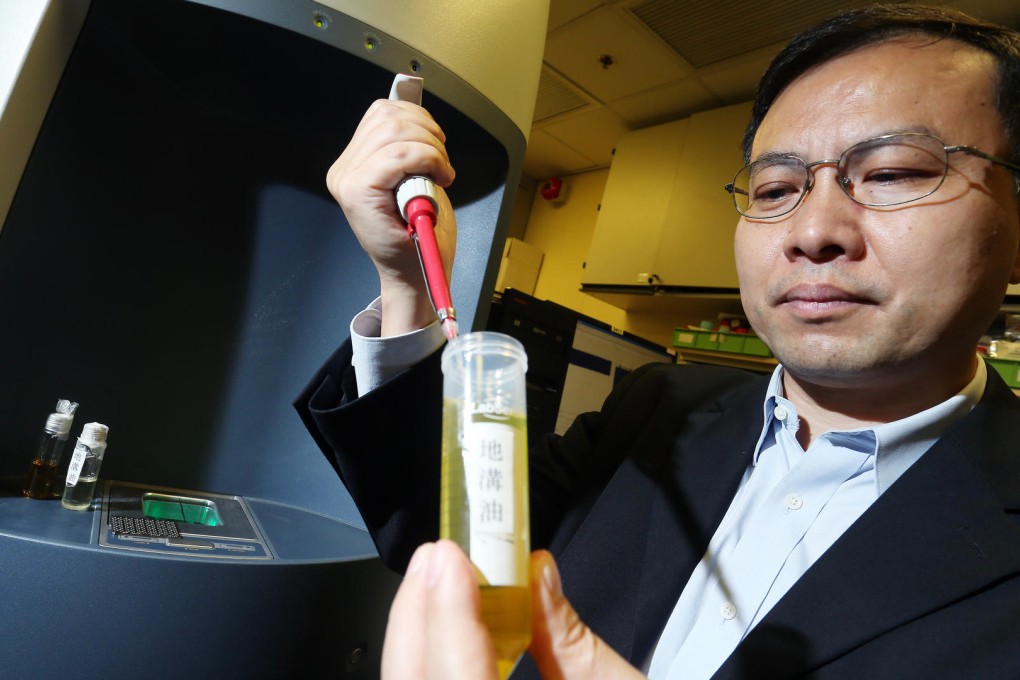Hong Kong's Polytechnic University develops faster system to identify 'gutter oil'

Polytechnic University scientists have developed a method that can rapidly distinguish between so-called "gutter oils" at the centre of a series of food safety scandals and safe edible oils.
Traditionally, testing can take hours and is labour-intensive, but the PolyU team has adopted a technique that uses lasers to ionize samples. They then analyse the oil spectra - broadly speaking, a comparison of the oil components and the intensity with which they are found.
"Oil problems have become international with Taiwan, Hong Kong and even Singapore involved in 'gutter oil' scandals, but the present detection methods are complicated and time-consuming," said Dr Yao Zhongping, who led the project. "Our project saves on consumables and is automatic."
The process can screen samples in five minutes as opposed to the traditional approach, which requires the pretreatment and separation of samples before the same result is achieved.
Analysis of the spectra categorises edible oils and those deemed as "fake oils".
More than 30 samples have been tested and used as resources for a spectral library, but 1,000 remain to be tested, Yao said.